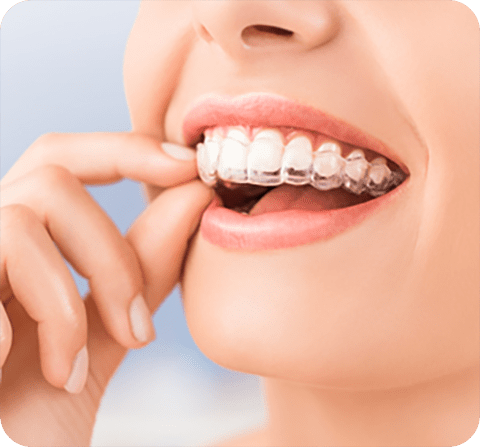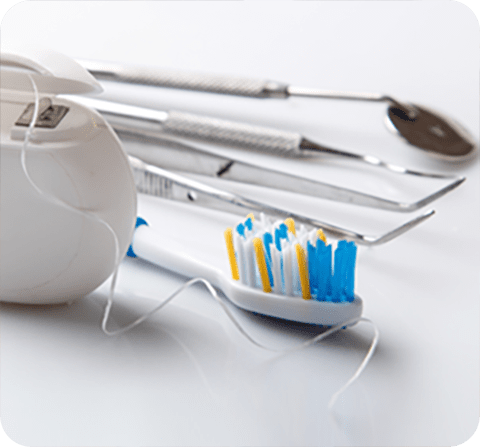Dental Health Care Tips Practiced by Dental Professionals
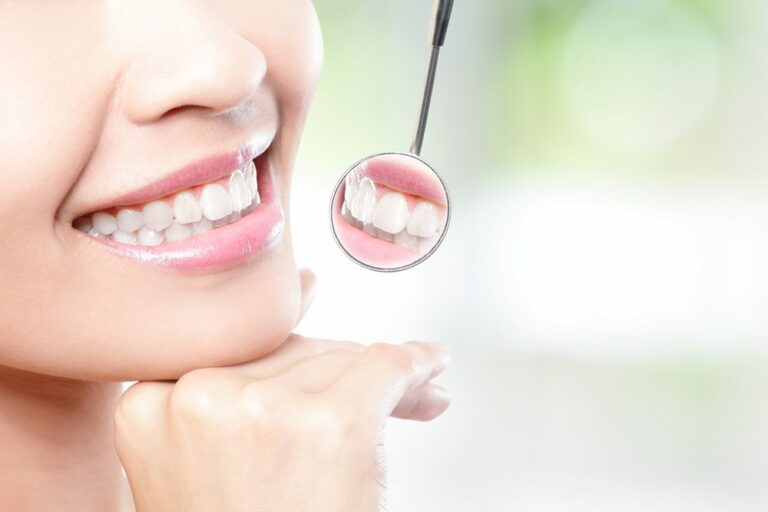
Going to a dentist’s clinic is no fun ride. We agree. But, then nor are dental caries. In case you are trying to avoid that and keep your smile as bright as a star, this blog might be able to help you. Here are a few tips that every orthodontist across mount pleasant and around the world follow in their regime.
Oral Health 101: A Guide To Dental Implants
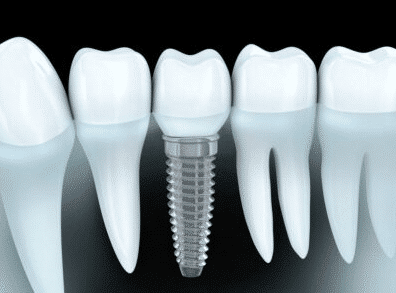
Missing teeth can be extremely distressing. If you are hiding your smile because you are too conscious about it, dental implants may be the answer to your problem. Not only will it fabulously complete your smile, but it will also blend well with your other teeth.
Here‘s Why You May a Need Dental Crown Treatment
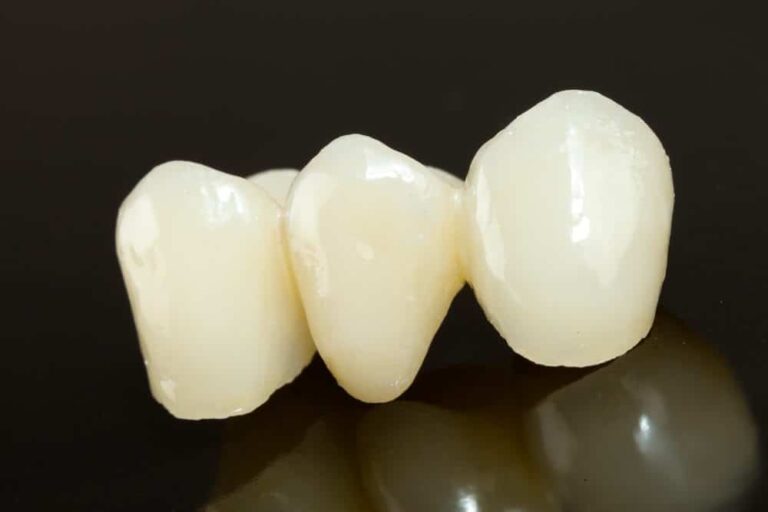
For years, crowns and bridges have been used to treat orthodontic conditions such as missing or decayed teeth. Most commonly, people tend to give it a second thought when they step into a dental clinic. Many questions arise, one of which is- “Do I really need a dental crown treatment”. Perhaps, your doubts and questions are fair as it is something that requires you to spend quite an amount at a time.
4 Reasons Why You Should Visit Your Dentist For Teeth Whitening

Teeth whitening is one of the most popular procedures performed at a dentist’s office. Not only does it do wonders for your smile, but it also helps to maintain oral hygiene in the long run. And yet, many people choose in-home dental kits and DIY methods, many of which have been known to damage the enamel of teeth, if overused.
While the latter may seem to be a quick fix, it’s always preferable to get your teeth cleaned and whitened at a dentist’s office.
Cosmetic Dentistry: Because Your Smile is Precious

Do you often find yourself standing in front of the mirror wondering how you could enhance the aesthetic of your smile? Your teeth and mouth may be healthy, but they may still lack the aesthetic you want. This is where cosmetic dentistry comes into play! Whitening your teeth, altering their position, or getting veneers or caps may be the answer to upgrading your smile! You will find the best dentists in New Stanton, PA for the job at Prime Dental! Here is how we can give you a million-dollar smile:
Why Straightening Crooked Teeth Is Important

There is nothing more attractive and lovely than a confident, beautiful smile! It makes you look approachable, radiant, and happy, ready to take on the world! However, many people abstain from smiling more because of their crooked teeth, which sometimes also fuels their low self-esteem levels. That is why every year, millions of Americans choose orthodontic dental treatment and sometimes, cosmetic dental implants to align their teeth and correct their bite
Oral Health 101: Never Miss a Dental Appointment

While visiting your dentist every six months may not be something you look forward to but it surely is one of the most important appointments to keep. After all, everyone loves a bright and beautiful smile! If you find yourself wondering whether it is worth your time and money, we are here to tell you that it undoubtedly is. You must never skip a dental check-up because the risks are high. You may end up paying a much higher price, from your wallet as well as peace of mind. Before we look at the reasons why you must be diligent about regular dental check-ups, a heads up for those of you looking for an orthodontist in Mount Pleasant, you have come to the right place. So, welcome!
4 Effective Natural Remedies for Gingivitis

Gingivitis, a common and mild form of gum disease, is easily treatable in its early stages with home remedies and oral cleaning by a dentist in Youngwood, PA. But, if left untreated, it can result in tooth loss. Nearly 20 to 30 percent of adults lose their teeth as a result of severe gum disease, says the American Academy of Periodontology. This makes treating gingivitis as soon as it appears all the more important.
5 Bad Habits That Are Harming Your Oral Health

While you might floss regularly, brush your teeth and scrape your tongue twice a day, certain bad habits might wreak havoc on your oral health, regardless of your hygiene practices. We have mentioned some of them below so that you can take active steps to steer clear of them:
Decay Arresting Treatment
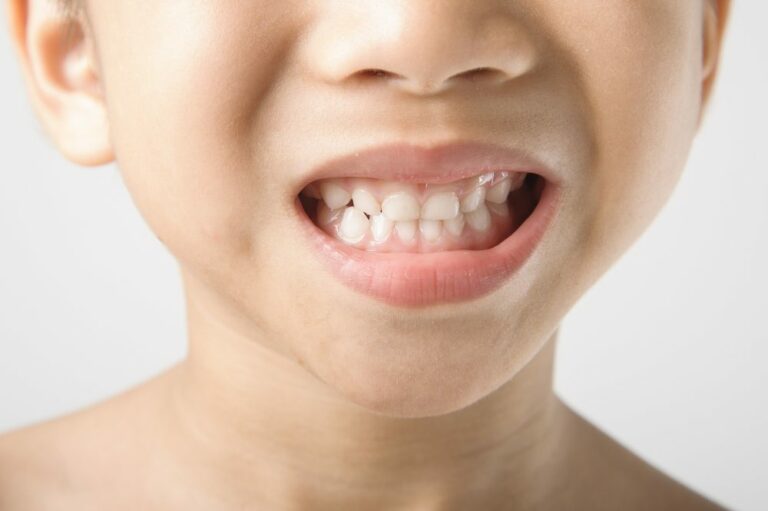
Non-Invasive treatment of small to moderate decay with Silver Diamine Fluoride application have children celebrating!
Prime Dental is very excited to announce that we are using Silver Diamine Fluoride (SDF) to arrest decay and help with tooth sensitivity! A lot of our patients are already benefitting from the use of SDF, especially younger children.


